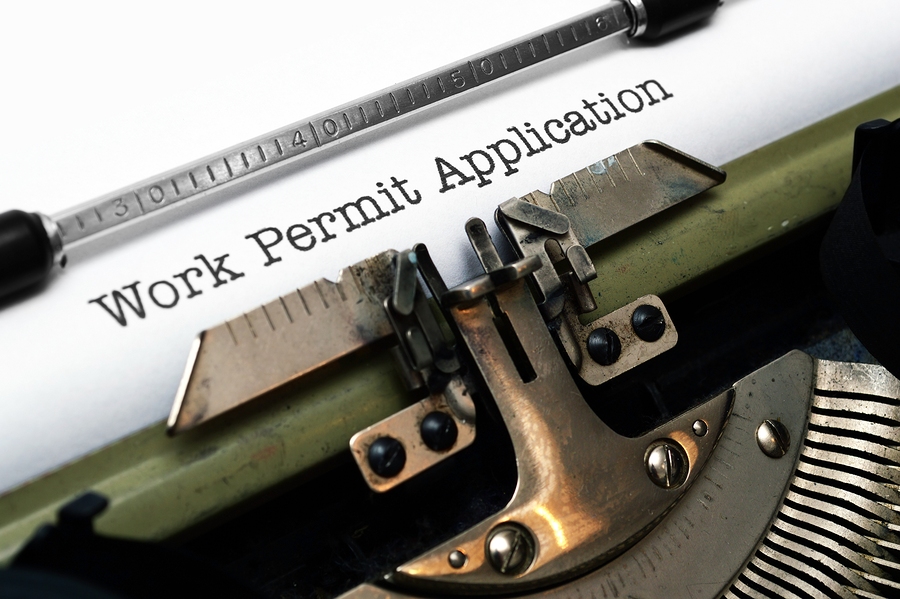
In February of 2015, USCIS announced that it would finally be implementing a rule that extends employment authorization to certain H-4 dependent spouses. The expansion of work permission is part of President Obama’s 2014 Executive Action on Immigration. While the expanded DACA and DAPA programs are currently on hold pending appeal of a Texas Court decision, this regulation is scheduled to go into effect May 26, 2015 and there has been no vocal opposition that should prompt any affected parties to worry that it will somehow be halted. There are a couple of salient points to be aware of, however:
The new regulation does not affect all H-4s. An H-4 is a dependent spouse of an H-1B worker. The status is borne out by a visa and/or I-94 which is annotated “H-4.” However, in order to be eligible to apply for work authorization under the new regulations, the applicant must also demonstrate that he/she is
1) the dependent of an H-1B who is the principal beneficiary of an approved I-140 Immigrant Petition for Alien Worker (in other words, a company or employer has already initiated the process to sponsor an alien for permanent residence based on an offer of employment) or
2) the dependent of an H-1B who has been granted an extension of status (beyond the customary six years) under sections 106(a) and (b) of the American Competitiveness in the Twenty-first Century Act of 2000 as amended by the 21st Century Department of Justice Appropriations Authorization Act (in other words, “AC21” as most people know it).
Work authorization is not automatic.
Unlike the principal H-1, who is authorized to work incident to his/her status, a dependent spouse of an H-1 must apply for permission to work. The form is the I-765, which must be accompanied by supporting documents and evidence as well as the filing fee of $380. If and when the application is approved, USCIS will issue an actual card which applicants may show to potential employers.
Unless and until the work authorization application is approved, which cannot be submitted until May 26, the applicant is not permitted to work. Working without authorization may constitute a violation of one’s status, which in turn, may render an individual ineligible to change or extend status, let alone work. It is therefore crucial to review not only the applicant’s status but the principal H-1B status as well. If there are or have been any defects or irregularities with the principal H-1B, the H-4 would potentially be affected as well since the H-4 derives his/her status from the H-1B. Additionally, if there are any material changes with respect to the relationship between the principal and the dependent, there may be further legal issues. If, for example, an H-1B divorces his or her spouse who is here on an H-4, the dependent spouse arguably loses the H-4 status since he/she is no longer a husband or wife of an H-1B.
We hope that you have enjoyed this article and learned at least one new thing or tip that you may not have known. To keep informed about the latest developments in immigration law, please subscribe to our blog feed by clicking on the “Subscribe To This Blog’s Feed” button on the left. It is important to understand that the above is only general information and not legal advice. It does not create an attorney-client relationship nor should it be relied upon as legal advice. The law is extremely fact and circumstance sensitive. For an individual legal analysis of your specific legal case, please complete the “Case Evaluation” box to the right of the screen to get in touch with one of our attorneys.
